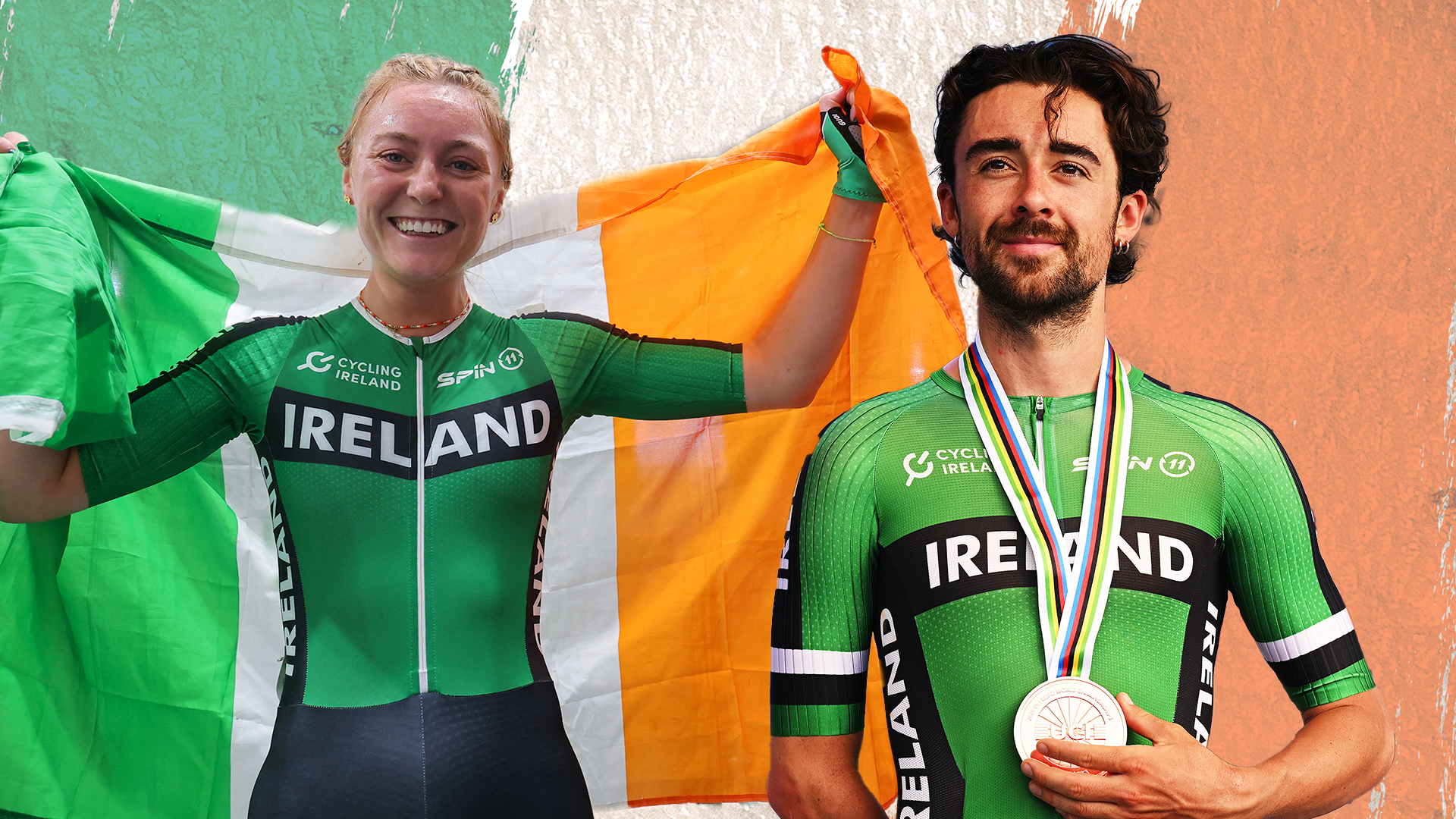Reader Q&A with USA Cycling CEO Derek Bouchard-Hall
From grassroots racing to App Gap KOMs, all the answers to your questions
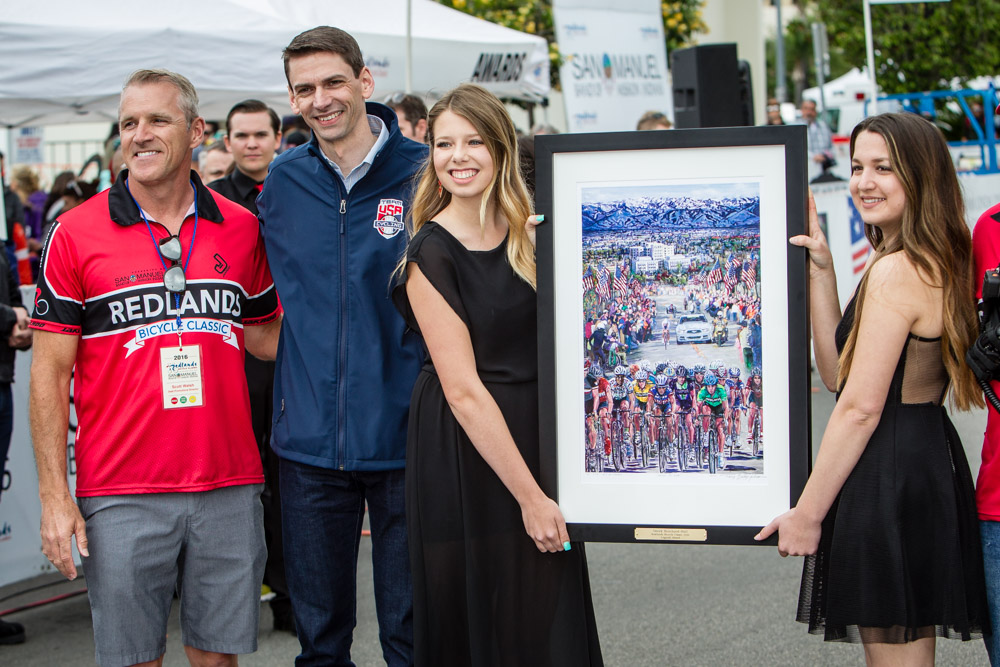
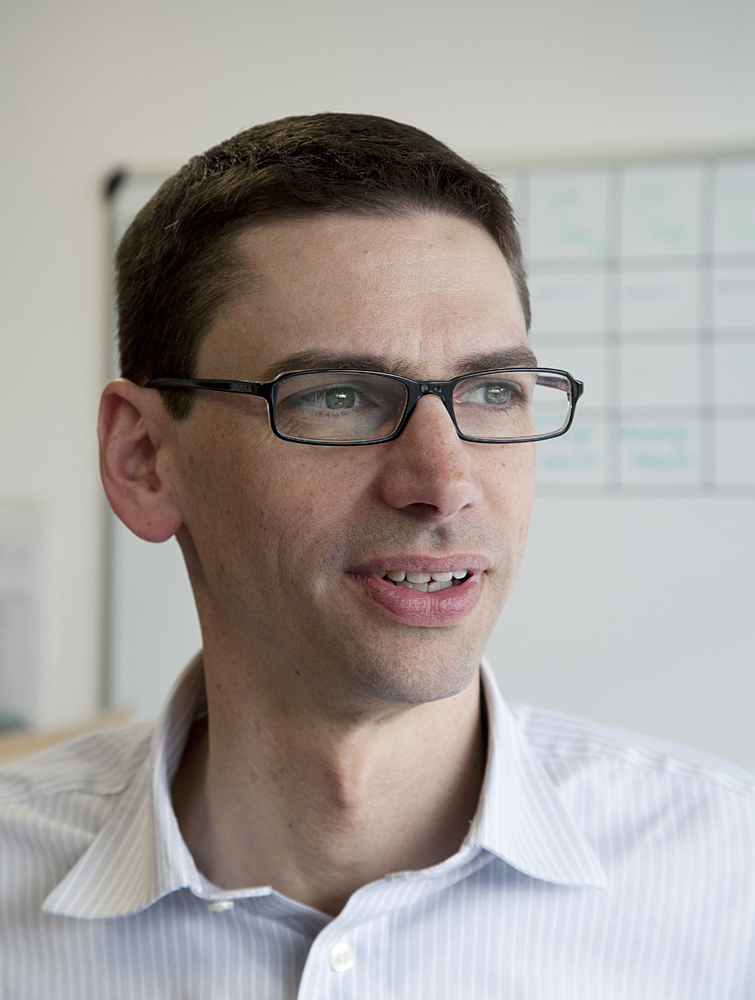
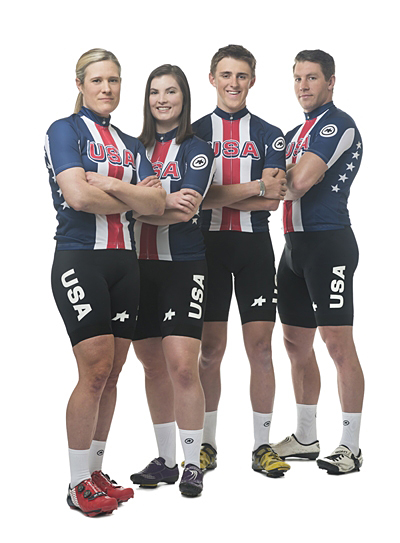
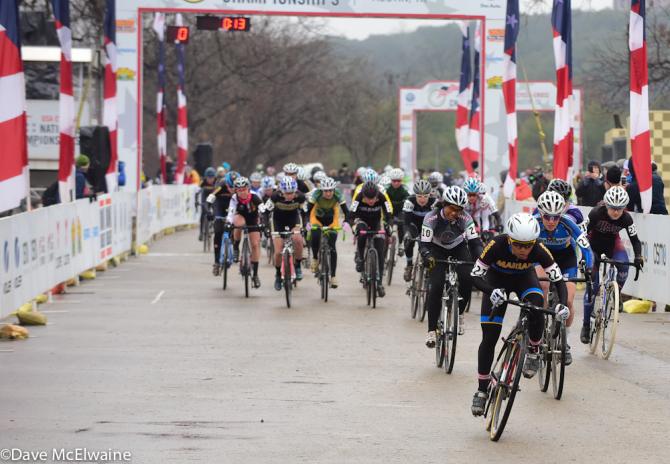
Earlier this month, Cyclingnews solicited our readers for questions for USA Cycling's CEO Derek Bouchard-Hall. The requests ranged from shrinking local racing, to elite racing, doping and why cyclo-cross Nationals are in January. Bouchard-Hall gave extensive answers to a select group of queries. We apologise that we could not get to them all.
Why does the US have Cyclo-cross Nationals in January? Since the move from December to January there has not been an large increase in races. Most people would enjoy to have their season end before Christmas. (Sean W)
Derek Bouchard-Hall: We have gotten this question a lot, and we are revisiting the timing of the event. Having the event in December created challenges in terms of school and holiday conflicts. Many also believed moving Nationals to January would lengthen the season and increase the number of races. But we need to look at the reality of what is happening with it in January and pros and cons vs. December.
Our National Events team will survey the affected membership and key stakeholders, and based on what they learn we might make a change starting with 2019.
With the growing gran fondo, gravel grinder, unsanctioned 'race' scene, traditional race participation seems to have dropped off, along with the accompanying membership in USA Cycling. In light of this, are there any changes that are being discussed to put traditional races back on people's calendars? For myself personally, if I was able to race my usual category (Cat. 3) with a one day license, I would definitely toe the line at a handful of races every year. As it stands, I don't race enough to justify buying an annual license, but I'd love to race a few times. The rules as they are written now, effectively prevent me from racing at all without an annual license. (Chris E., Denver, CO, former USAC member)
DBH: You correctly identify a very important trend in cycling today – the shift in participation toward non-traditional events like gran fondos and gravel grinders. While this is challenging for traditional racing participation, and for USA Cycling given our business model being based on traditional racing, I would like to emphasize that this is actually a positive trend for the sport of cycling overall in terms of providing a wider array of event types to introduce people to cycling events.
Having said that, we are very concerned about the contraction in traditional racing participation and we are looking for ways to turn things around. For instance, we are working on improving the membership and racing experience and helping event directors put on great events.
The latest race content, interviews, features, reviews and expert buying guides, direct to your inbox!
We have a dedicated team led by Vice President of Event Services Joan Hanscom working with LAs and event directors to support grassroots racing. We are also seeking to increase our promotion of traditional road racing events by using our marketing resources to draw more attention to such events.
One key initiative we have been working on to reduce barriers to participation is opening up one day licenses in 2017 to experienced racers who don't want to take out a full annual license. We will give you more flexibility and choice. This option is coming soon (it is dependent on our IT upgrade) and please come back to racing when it is live!
But I'd also like to point out that we are actually embracing the trend toward non-traditional events, and seeking to partner with these events to provide them outstanding insurance, online registration, and marketing support. We believe these events are an important part of the fabric of the sport of cycling in the United States, and we want them to be safe, fun, and well-managed. We see a future with a robust calendar of traditional and non-traditional events in which cyclists can choose to participate.
Are there any revised models being reviewed for managing local competition and membership? (Jon T, Boulder Colorado)
DBH: We are always open to new ideas on how to organize and manage local racing. The Local Associations (LAs) are an important partner in determining any new approaches, and I know that some have ideas for responding to changes in participation. Our upcoming symposium will be a great opportunity to discuss new ideas, and I encourage anyone with input to provide it to their LA or USA Cycling.
One thing we are discussing is having the LAs become more involved in assisting with non-traditional events like gran fondos and gravel grinders, which many LAs have considered outside of their purview. I believe the LAs can play a valuable role in organizing these events and helping them grow – and therefore introduce more cyclists to the sport of cycling.
While I don't disagree with the fundamental principle and importance of clean racing, are you concerned that this focus has taken the spotlight off the bigger problem of races disappearing, less rider participation, less interest in cycling (Racing) as a whole? (Andrew R, Charlotte NC/Houston TX)
DBH: To begin, our enhancements to the RaceClean program were a response to one of the top member concerns I heard when I took on this role. I believe that taking meaningful steps to ensure integrity of competition supports our efforts to address challenges in race participation because it is an issue our members care about.
Second, I do not feel our enhanced RaceClean program has compromised our efforts to address adverse participation trends. It is not an either or issue for us – we can do both. I understand your point that it has received a lot of attention – perhaps more than it deserves with other significant trends at play – but it hasn't compromised the focus of USA Cycling on trying to address the challenges of participation, grassroots racing, etc. I think the effort is part of the solution.
What is the outlook for Track cycling in the US? Kenosha, WI's renovated track is due to open this spring 2017 and the Local Racing Association is interested in developing a Midwest series with Indianapolis, Northbrook as well as Detroit's future track. Madison, WI is also interested in building a track. (Dave P., Kenosha, WI)
DBH: You may know that I am a very passionate track cycling fan, and spent a good portion of my twenties racing the track. I was on the US National Track Team from 1996-2000 and competed in the Sydney Olympics in the team pursuit. I love track cycling, and I want it to thrive.
But track cycling is a niche within US cycling, albeit a very important one. You can't ride the track unless you live near one, and many find getting on the track intimidating. As a result, the pool of track cyclists in America is small – though growing slowly over the long-term.
We would like to see the rate of growth increase, and we would like to see the United States play a larger role in elite international track cycling. We are working on enhancing our high performance programs, building off the stunning success of the women's endurance track program which resulted in two Olympic medals in Rio. (Women's team pursuit, and women's omnium – by legend Sarah Hammer).
In particular, we are launching a men's endurance track program focused on our top juniors and U23 riders, which we feel will both produce great track riders and help develop the skills and power of future road riders. And of course, we are also seeking to build our sprint programs. I can still remember the excitement of watching Marty Nothstein win gold in Sydney! With success, we will tell their stories and seek to increase the visibility of track cycling.
Of course, we must also support our local velodromes – which we know struggle to accomplish their goals due to limited resources. We are seeking good ideas which can help at the local level within the limited resources of USA Cycling.
What's your fastest time up App Gap (in Vermont)? And can we reduce the amount of USAC spam in my inbox? (Ted H.)
DBH: I have ridden App Gap dozens and dozens of times, but actually do not recall my fastest time. I was at my best before the age of Strava, so I have no records. What I am sure of is that my best time is better than that of my little brother Kevin and New England cyclo-cross legend Tim Johnson. Just ask them.
Apologies if you feel spammed. In the near term, you can change the opt-in settings in your online membership account which govern what you receive. Longer term, as part of our new IT upgrades coming this year, we will have a better email system that should allow us to target you with more relevant messages. We are working hard on upgrading our IT – we know our current systems are insufficient and our members deserve better.
Why are Master's Nationals entry fees so high? (Butch S, Castle Rock, CO)
DBH: We understand that many see Master's Nationals entry fees as being high – and that concern is not limited to the Masters categories of course. But the fees we charge reflect the high costs of producing these events. A great event which is well run is simply expensive relative to the sources of revenue we have – which is limited largely to entry fees and support from the local organizing committee. Sponsorships and broadcast revenue is very limited or non-existent. Therefore, these events are fee for use.
We do seek to keep costs manageable, but also believe that these events should be an outstanding experience. We think we have the right balance, though our focus now is on improving the quality even more without increasing fees. Finally, we think the price is a good value when you compare the cost to other significant events on which people focus their seasons, such as "epic" style bike races or triathlons.

